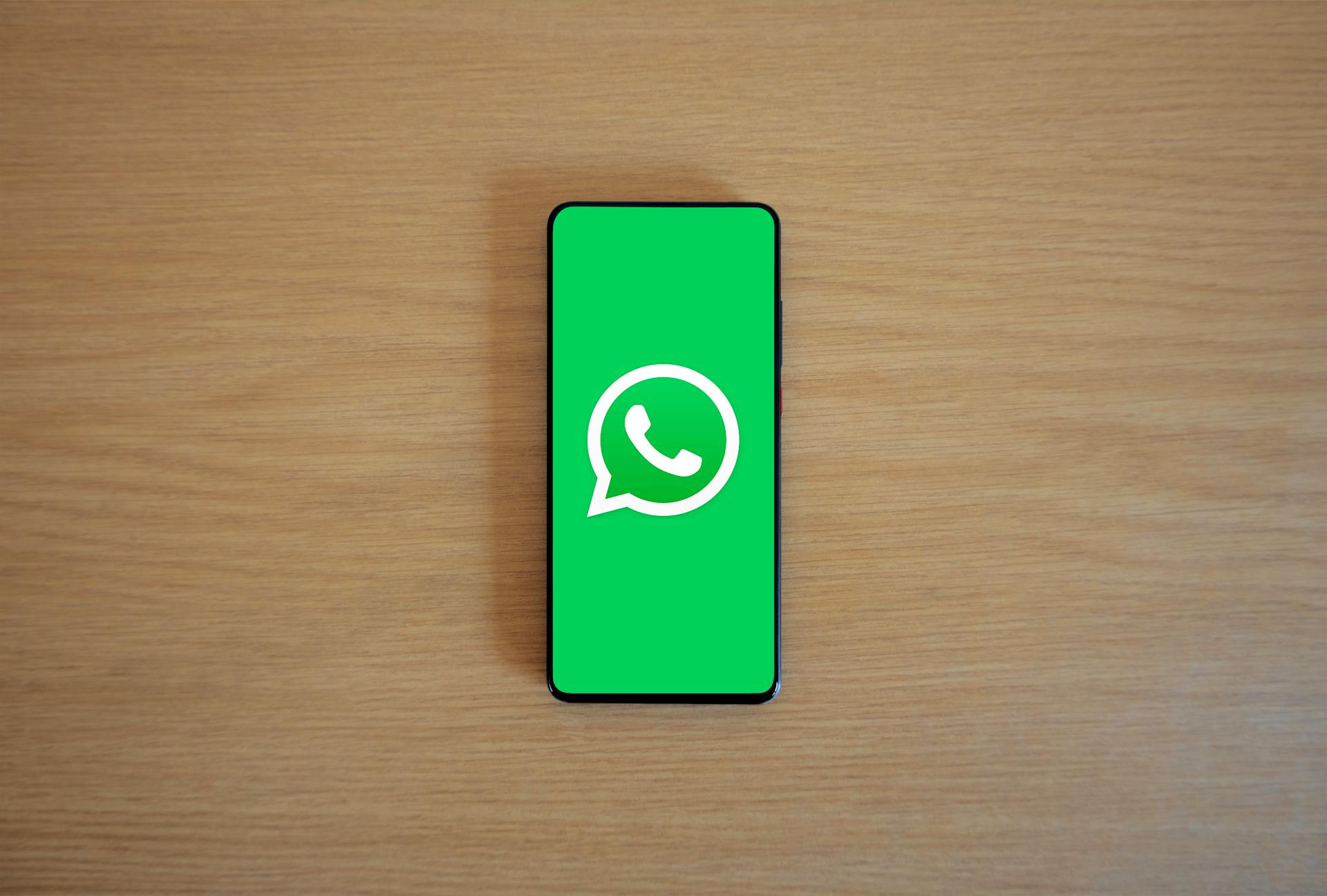WhatsApp To Show Adverts

WhatsApp Introduces Ads for the First Time: What Businesses and Users Should Know
WhatsApp has officially announced it will begin displaying ads on its platform—marking the first time advertisements will appear within the app itself. The rollout focuses exclusively on the Updates tab, where users access Status and Channels, keeping personal messaging untouched and fully encrypted.
Ads Limited to the Updates Tab
WhatsApp will now allow businesses to promote content in two specific areas: Status and Channels. Ads will not appear in personal chats, group messages, or calls. Status posts, which disappear after 24 hours, will include clickable promotions that link directly to a business chat. Meanwhile, Channels will offer promoted placement in the discovery directory.
Three New Monetisation Features
WhatsApp is launching three tools aimed at business and creator revenue:
-
Ads in Status: Businesses can place short video or image-based ads in the Status feed. Users who view them can start a chat directly from the ad.
-
Promoted Channels: Paid visibility will be available for Channels, helping businesses and creators attract new followers through recommendations.
-
Channel Subscriptions: A new monetisation model will let Channel owners offer exclusive content for a recurring monthly fee. Meta will take a 10% commission, though this will be waived for the first year.
Targeting Without Compromising Privacy
WhatsApp says these changes have been developed with privacy in mind. End-to-end encryption still applies to personal messages, calls, and private Status posts. Ad targeting relies only on limited metadata such as device language, location, followed Channels, and prior ad engagement. Users connected to Meta’s Accounts Center may receive more tailored suggestions, but message contents and phone numbers are not shared.
Gradual Rollout Across Markets
The advertising features will launch in select countries over the coming months. Markets like Latin America, India, and Southeast Asia are expected to see the rollout first, while availability in the EU will be delayed until 2026 due to regulatory considerations. WhatsApp has not yet confirmed a timeline for the UK, where Updates tab adoption is currently lower than in other regions.
A Strategic Shift for Meta
This move aligns with Meta’s broader goal of monetising WhatsApp without compromising user experience. With over 1.5 billion users engaging daily in the Updates tab, Meta sees potential to emulate models seen in Asia’s super-apps, where messaging, content, and commerce converge seamlessly. The approach also reflects changing user behavior, with more time spent in private and semi-public spaces than on traditional social feeds.
Opportunities for Businesses and Creators
For UK businesses and content creators, the update presents a new way to reach customers without relying on external platforms. Ads in Status can initiate direct conversations, while Promoted Channels provide added visibility. Channel Subscriptions may appeal to creators offering specialised updates or premium content. Meta is expected to offer basic performance metrics to help businesses assess ad effectiveness, although detailed targeting options will remain more limited compared to Instagram or Facebook.
User Experience Remains Unchanged—for Now
For users who avoid the Updates tab, there will be no noticeable change. Personal messaging stays ad-free and encrypted. The new features are optional, meaning users who don’t follow Channels or check Status won’t encounter ads. Meta has emphasised that this update won’t introduce complexity or intrude on everyday chat usage.
Concerns and Regulatory Outlook
The decision has sparked concerns among privacy advocates and regulators. While Meta maintains that sensitive data will remain protected, some warn the move could set a precedent for future commercialisation. European regulators are already assessing compliance with data protection laws, and the situation will continue to evolve as features expand.
The Road Ahead
WhatsApp’s move into advertising marks a significant departure from its historically ad-free approach. The platform is attempting to balance commercial opportunity with user trust, introducing monetisation only in less sensitive parts of the app. Whether this balance holds will depend on user response, business adoption, and regulatory scrutiny in key markets.